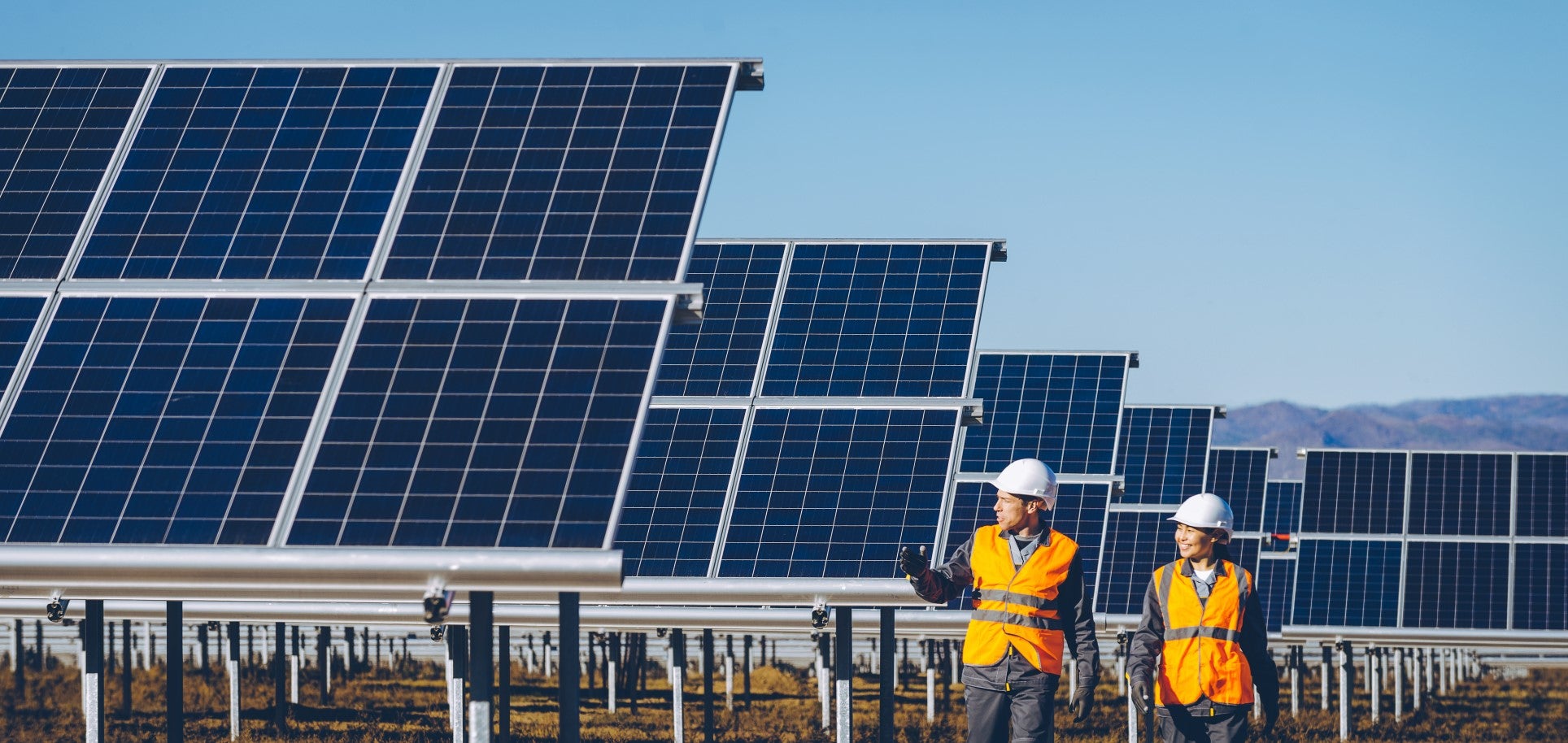Game Changer #1: Renewable energy for a more sustainable future

 Each game changer seeks to contribute to de-linking our increasing carbon footprints from the global lift out of poverty and the shift towards urban centers. The growing middle class and addressing increased pressure on urban infrastructure both present opportunities to make changes that will allow the region's citizens to achieve a higher quality of life while mitigating the effects of climate change. Over the next three weeks, I will introduce these game changers and their implications in a series of blogs.
Each game changer seeks to contribute to de-linking our increasing carbon footprints from the global lift out of poverty and the shift towards urban centers. The growing middle class and addressing increased pressure on urban infrastructure both present opportunities to make changes that will allow the region's citizens to achieve a higher quality of life while mitigating the effects of climate change. Over the next three weeks, I will introduce these game changers and their implications in a series of blogs.
The first game changer is renewable energy.
Given the region’s natural endowment with water, renewable energy led by hydropower dominates the generation matrix. LAC produces 60% of its electricity from renewable energy, or 3 times the world average.
While this figure stands out, we cannot expect to rely on the unlimited expansion of hydropower without pushing against the limits of biodiversity. As a recent Economist article reminds us, we are learning the hard lessons of changing weather patterns, like the droughts now plaguing Brazil. To compete economically without betting on our future, we must diversify away from large hydropower into non-traditional renewables as well.
First, we must examine what is already happening. According to a Frankfurt School-UNEP Centre and Bloomberg New Energy Finance report, the Americas (excluding Brazil) was one of the only regions in the world to increase its investment in renewable energy in 2013 - 26% to $12 billion. According to the report, hundreds of millions of dollars were invested in wind and solar without government subsidies - a measure of progress for the sector. Additionally, rates of investment would have been even higher, yet the renewable industry experienced capital cost reductions and productivity gains specifically in solar photovoltaic systems and onshore wind - trends which make the industry more competitive with fossil fuel alternatives.
For example, Mexico, Brazil, Chile, Uruguay and many Central American countries have all implemented major initiatives to foster wind and solar energy. In El Salvador, more than 25% of the country’s electricity generation matrix is powered by geothermal, and in Nicaragua, an impressive 15% comes from wind. In Brazil, the country has long incorporated sugarcane-based ethanol in gasoline, consistently reaching up to 25%.
Investments are having impact, yet we need to identify where they can be replicated and scaled up. Increasing capital flows, in collaboration with the public sector, holds promise for generating economic growth, creating new classes of jobs and reducing health issues associated with fossil fuel pollution.
Yet even with clean, renewable energy, the world will still struggle to keep pace with rising demand as people’s incomes rise, economies grow and cities become even larger, which brings me to my second game changer….
¿TE GUSTA LO QUE ACABAS DE LEER?
Suscríbase a nuestra newsletter para mantenerse informado sobre las últimas noticias de BID Invest, publicaciones de blog, próximos eventos y para obtener más información sobre áreas específicas de interés.
Suscribirse



